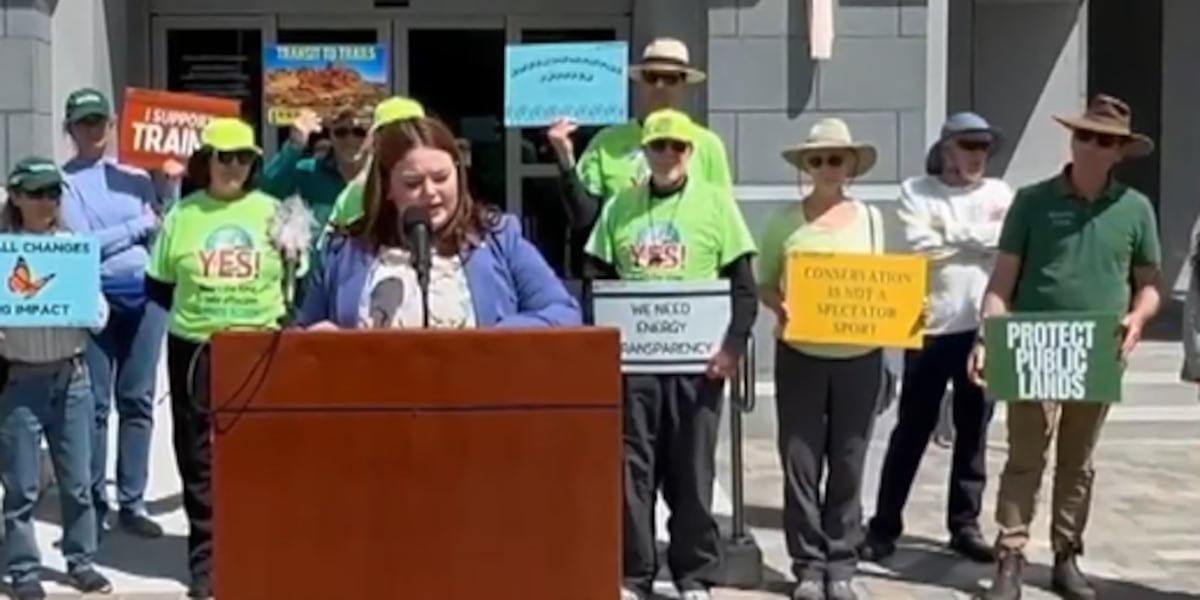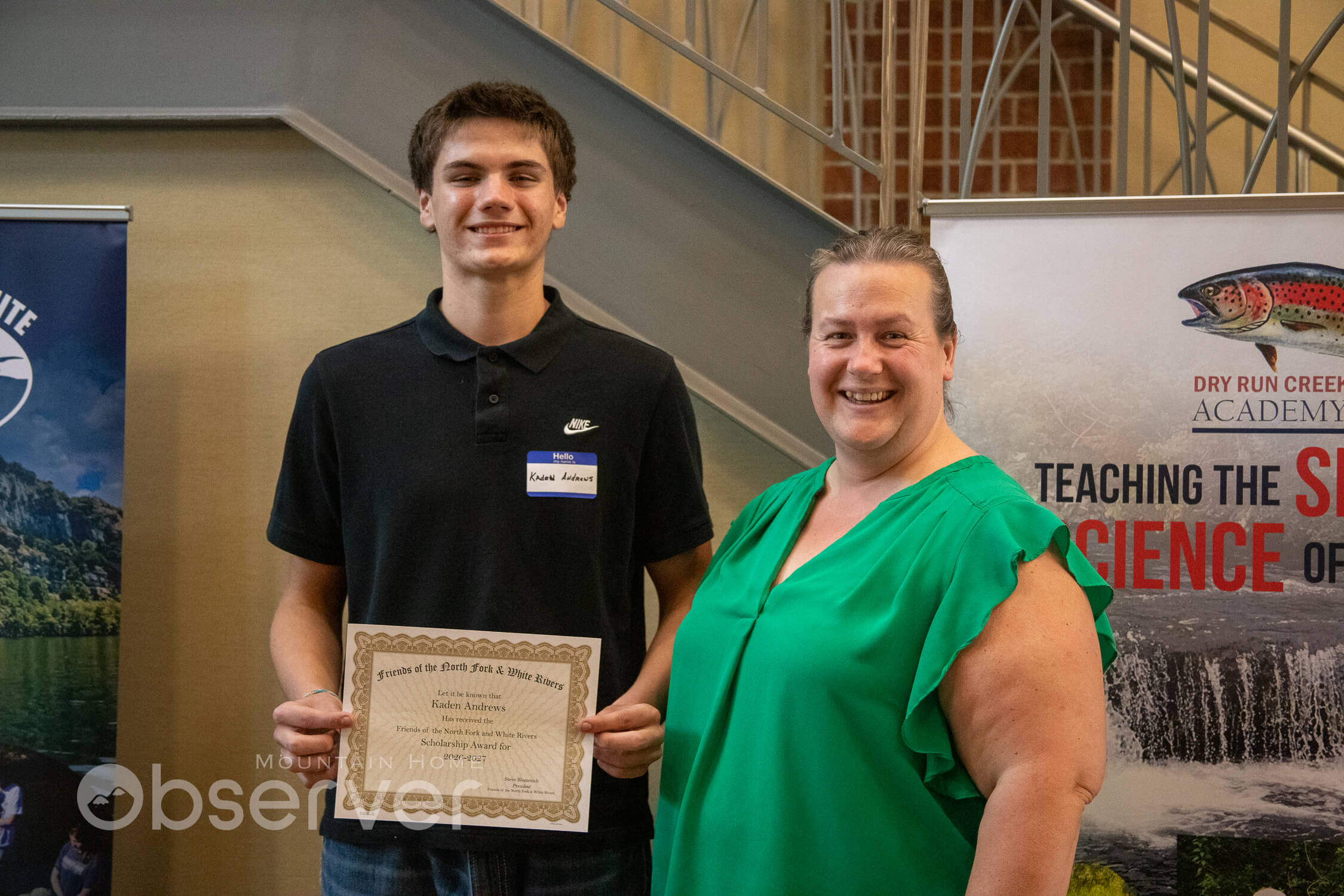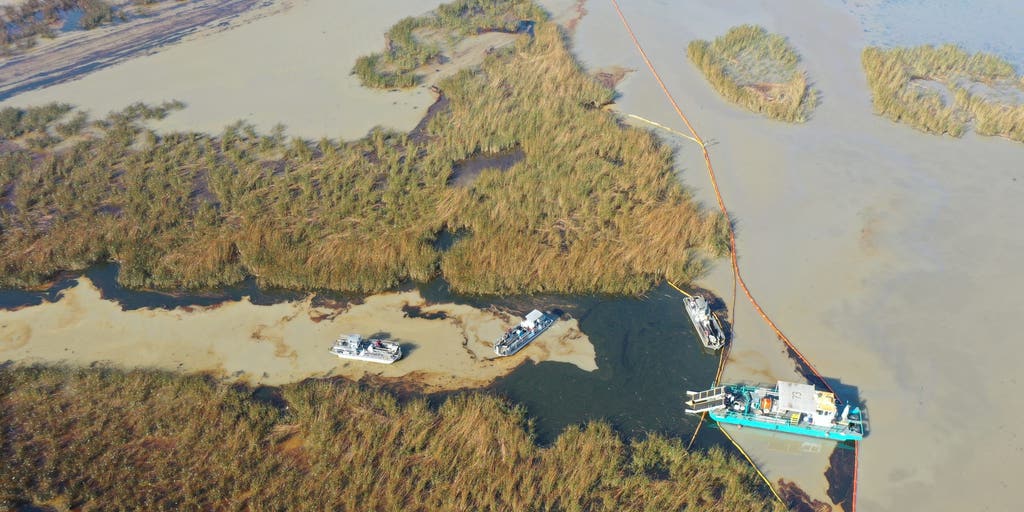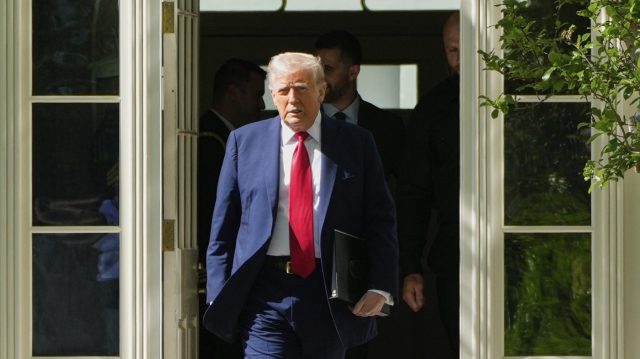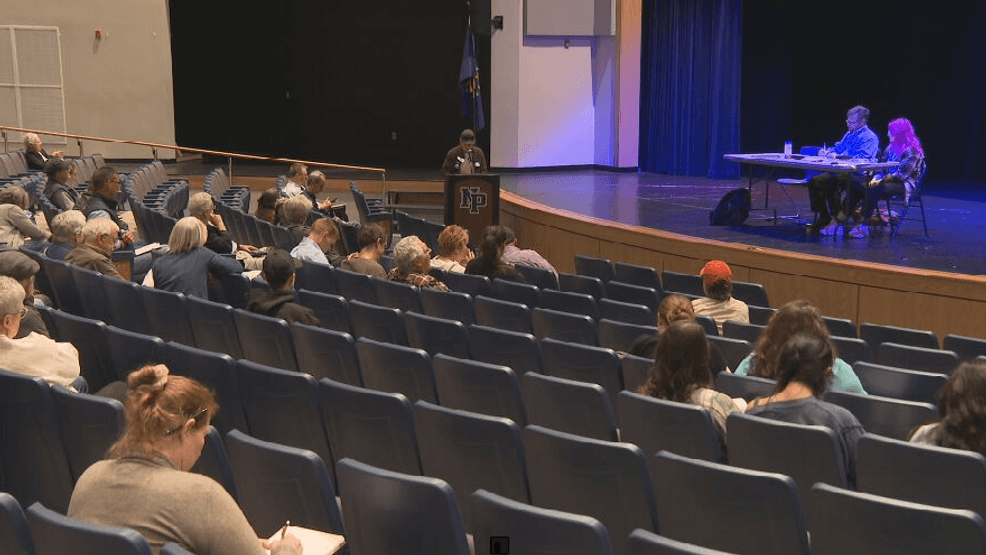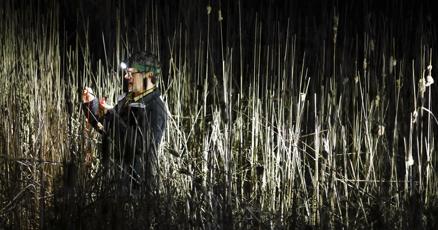
Nocturnal Amphibian Hunt: Wisconsin's Frog Whisperers Unveil Spring's Secret Symphony
Listening to the Symphony of Nature: How Volunteers Help Track Amphibian Populations In a remarkable citizen science initiative, the Department of Natural Resources (DNR) mobilizes a dedicated network of 400 volunteers across the state each year. Their mission? To conduct a critical ecological survey tracking 12 different frog and toad species. These passionate volunteers serve as environmental sentinels, collecting crucial data that helps scientists understand potential wildlife threats, with a particular focus on the impacts of climate change. By carefully monitoring amphibian populations, researchers can gain invaluable insights into the delicate balance of local ecosystems. Armed with clipboards, recording devices, and a deep commitment to conservation, these volunteers venture into wetlands, forests, and rural landscapes during breeding seasons. Their careful observations provide a comprehensive snapshot of amphibian health and population dynamics, offering early warning signs of environmental shifts that could threaten these sensitive indicator species. Through this collaborative effort, the DNR transforms ordinary citizens into extraordinary environmental stewards, bridging the gap between scientific research and community engagement.


